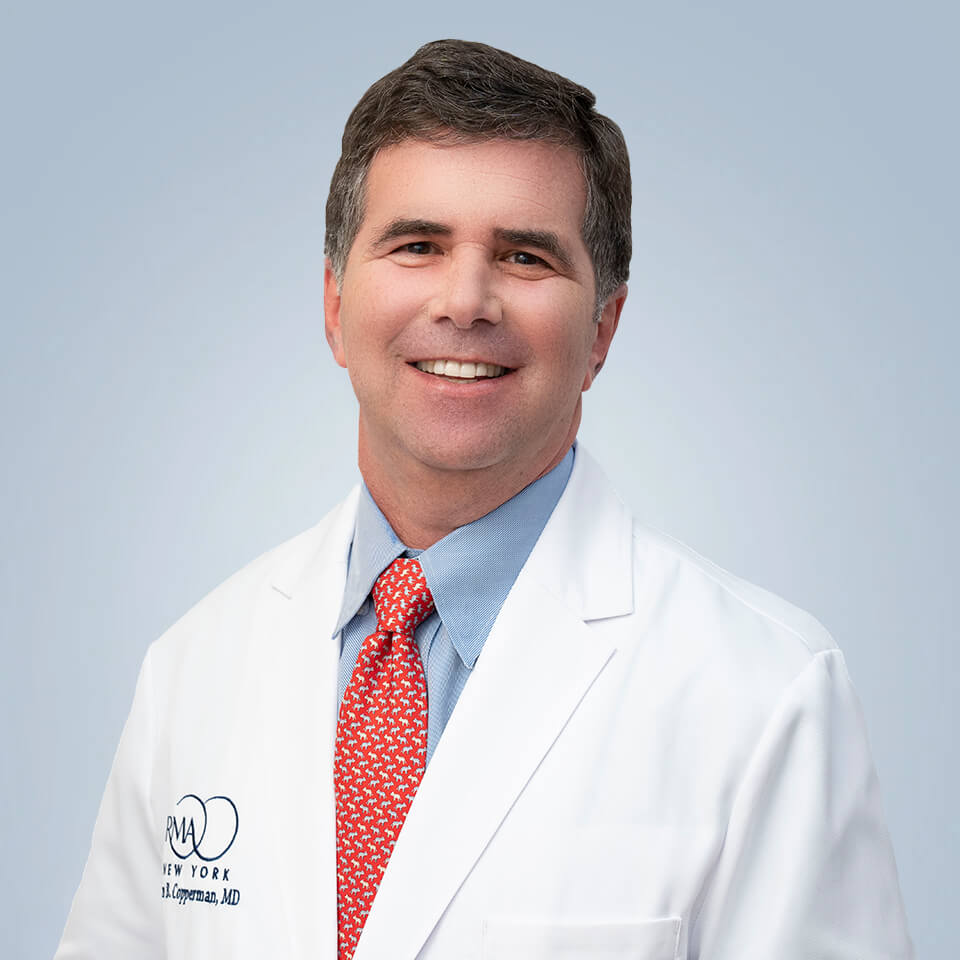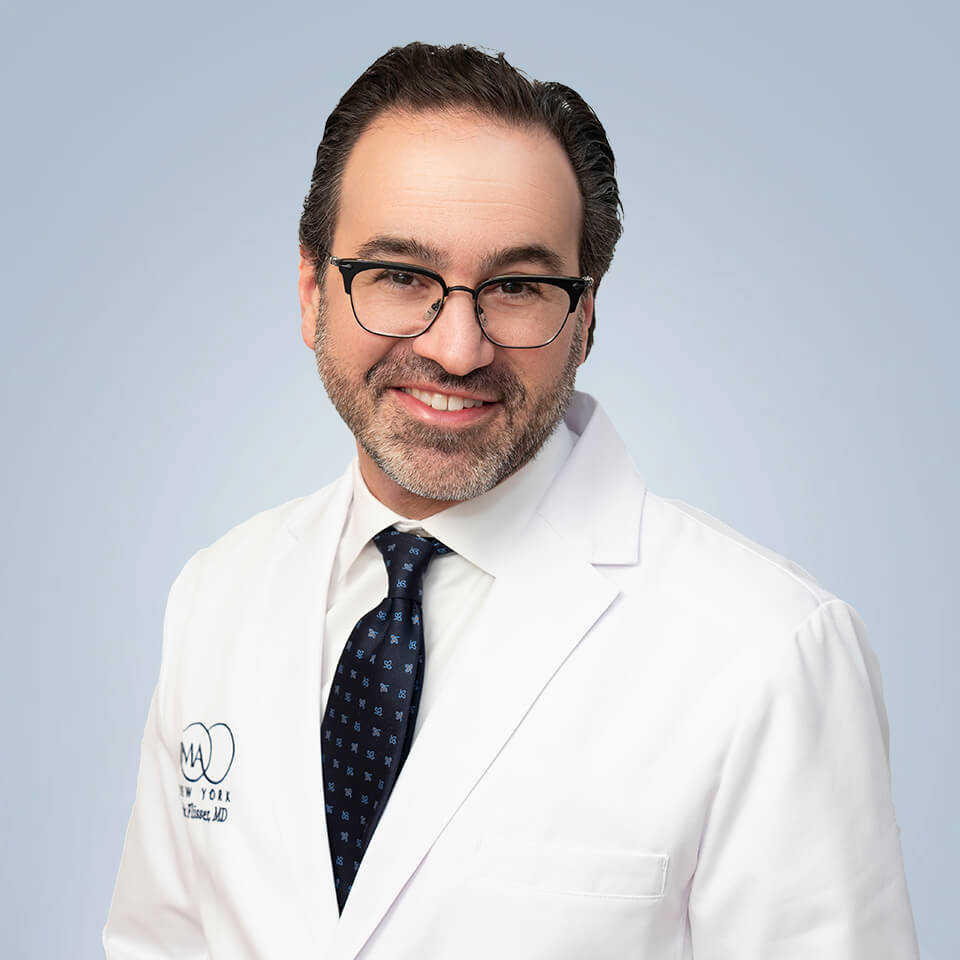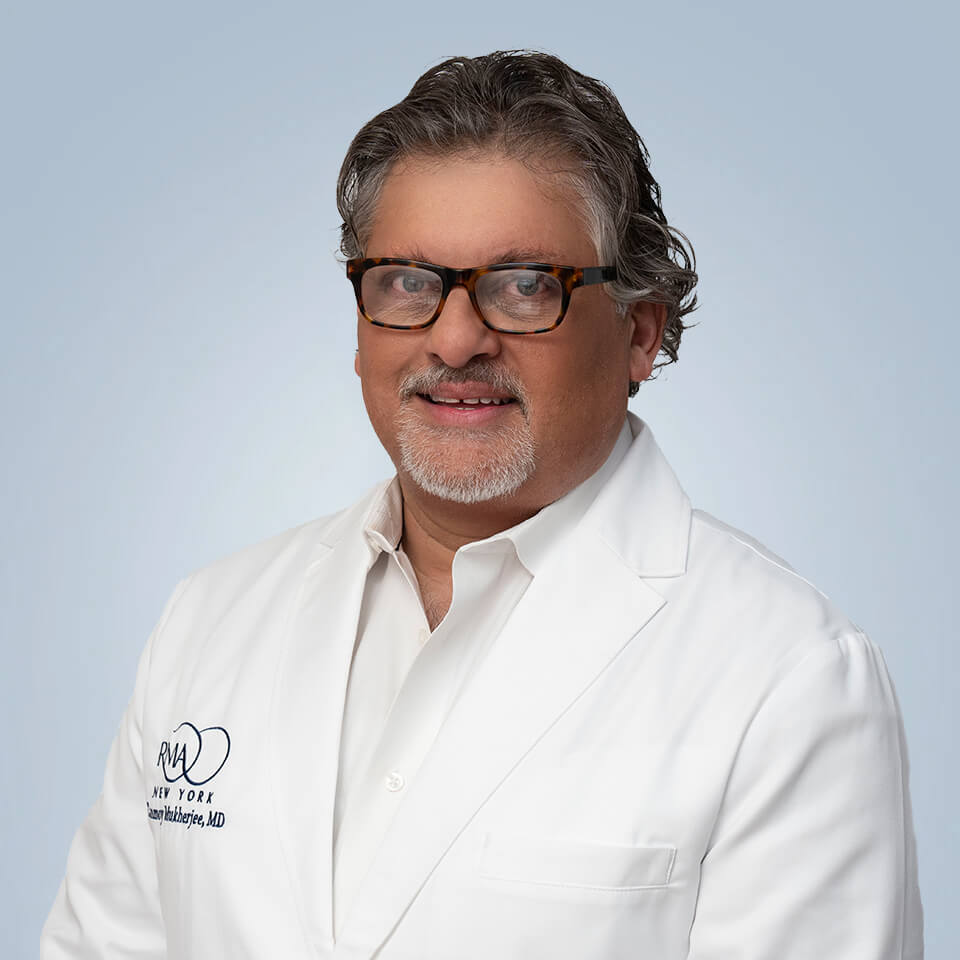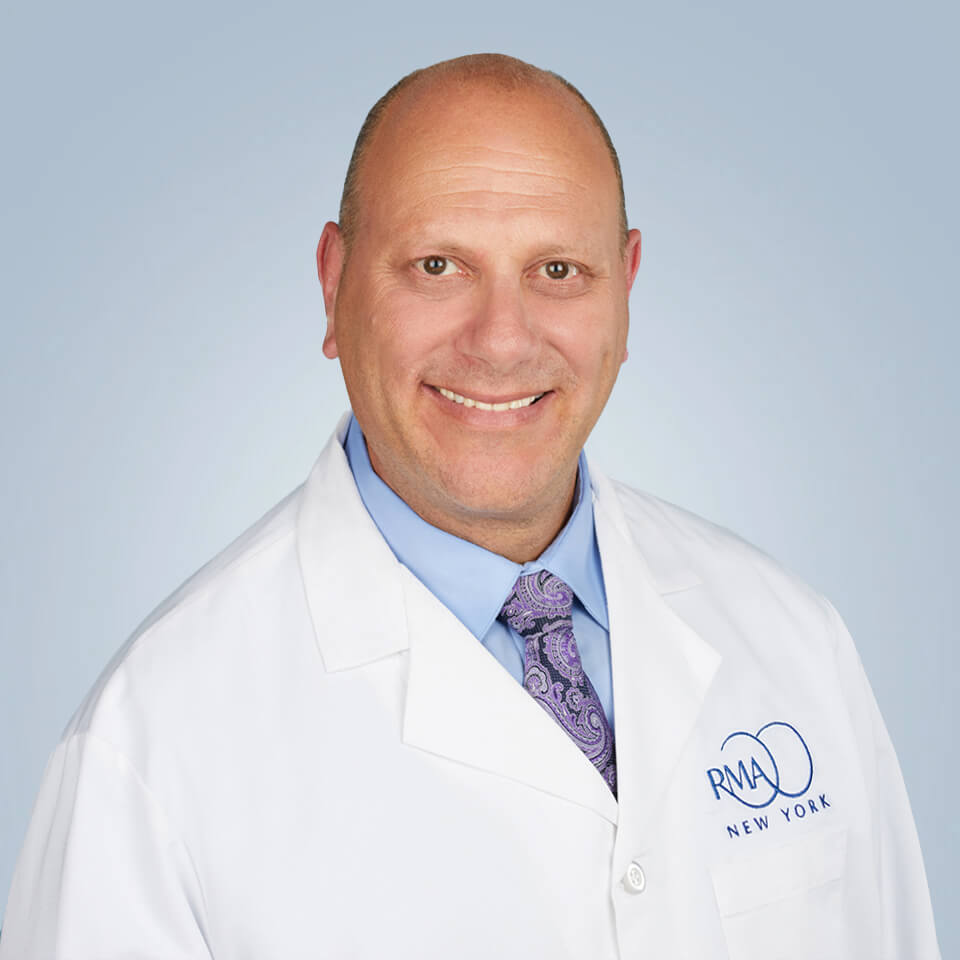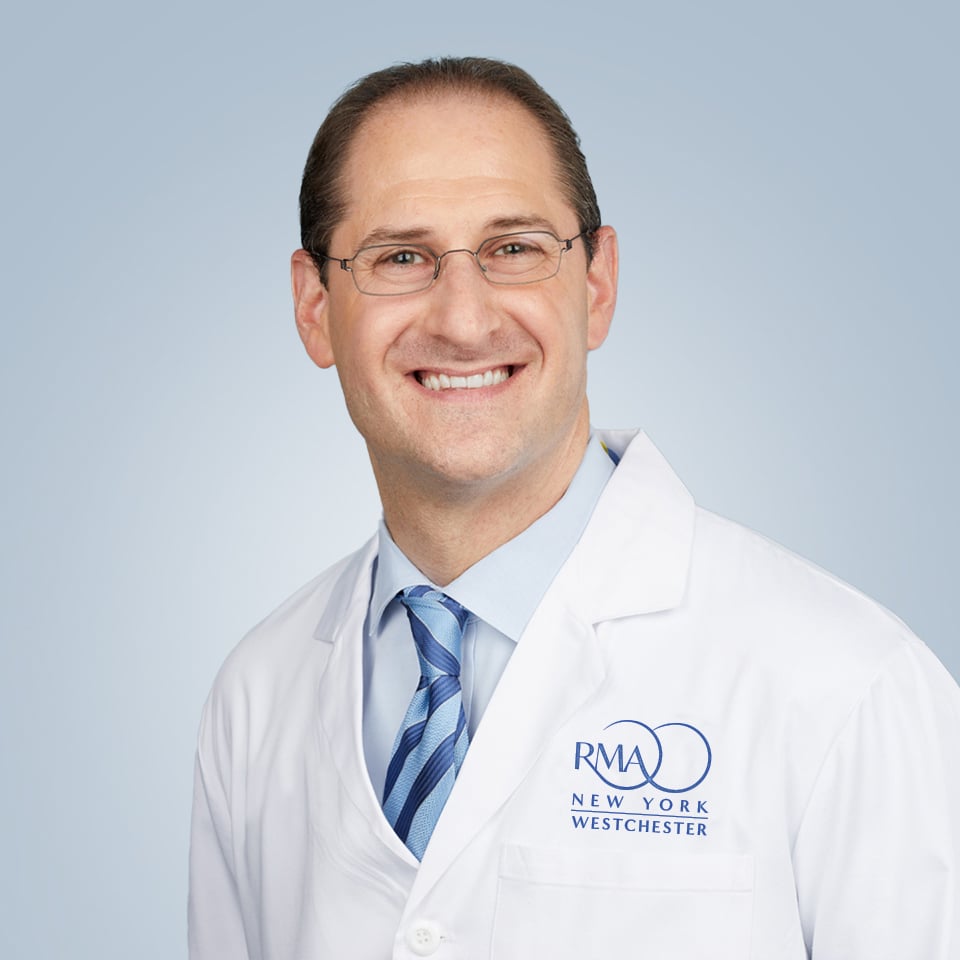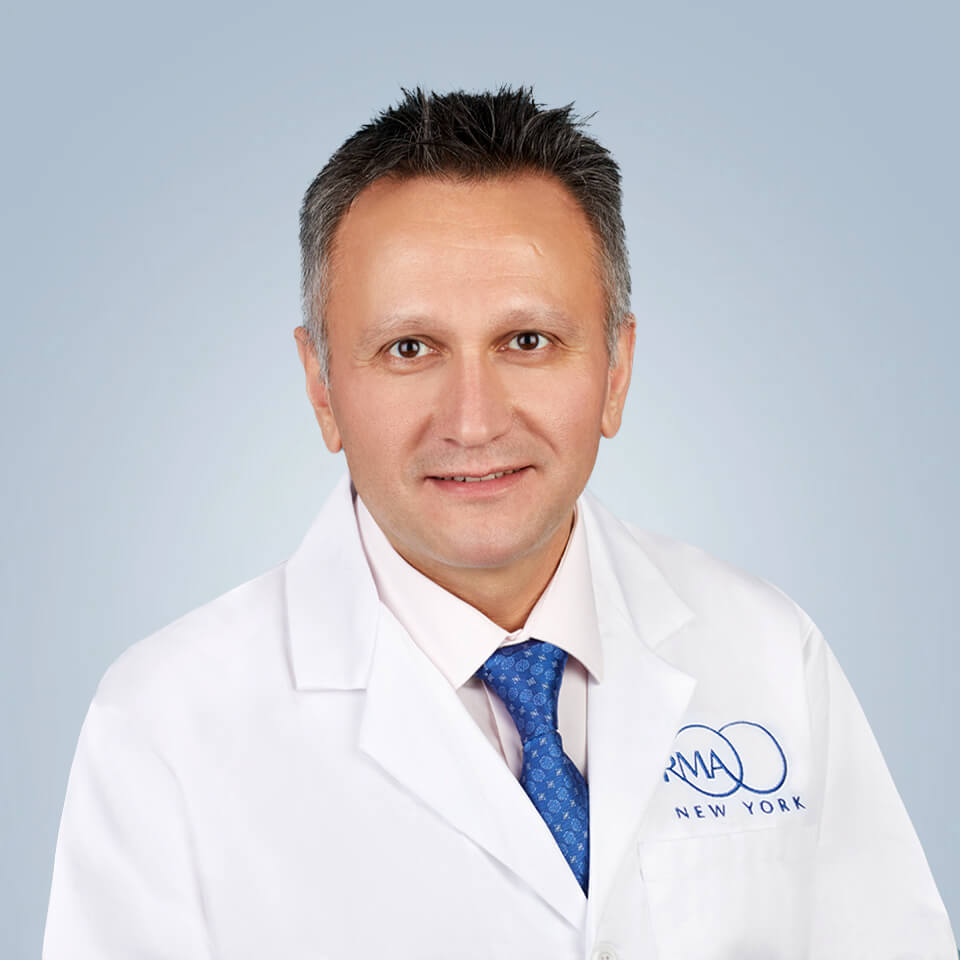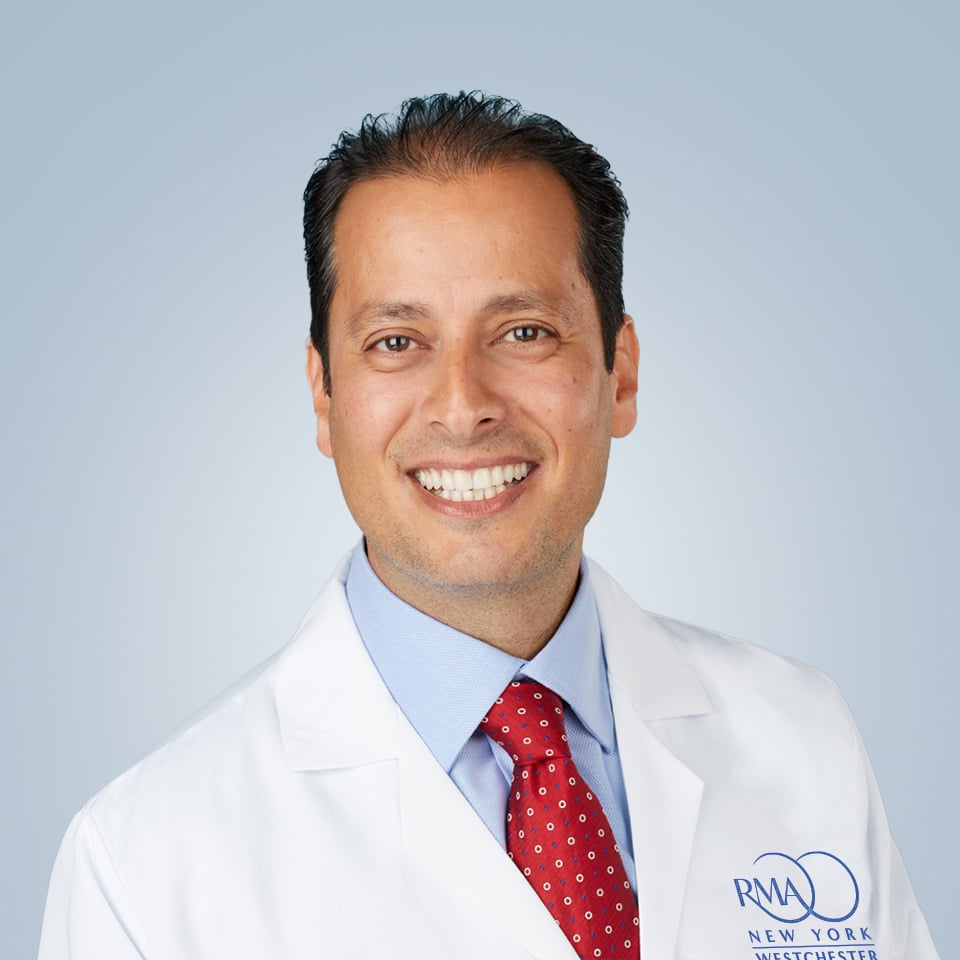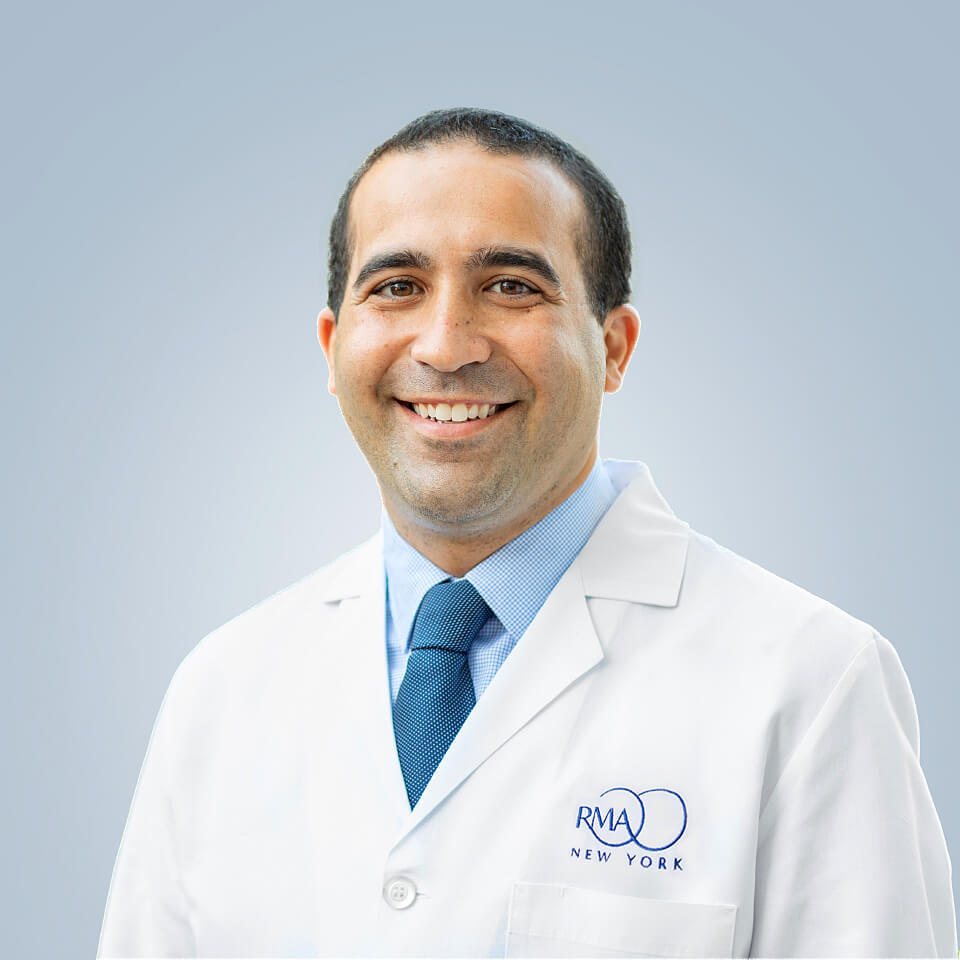Our Services

Fertility Preservation For Trans Men
Fertility preservation for trans individuals with eggs who plan to undergo gender affirmation surgery or hormone replacement therapy.
Trans folks with eggs may preserve their fertility by freezing their eggs prior to initiating gender affirming hormone therapy with testosterone or bottom surgery to remove their ovaries and/or uterus. By preserving your fertility prior to gender affirming treatments which can impact it, you can grow your family at a later date. Egg freezing requires multiple vaginal ultrasounds and hormone injections to raise their estrogen levels. These estrogen-based hormone injections will generally not cause an increase in chest tissue, nor will they impact vocal tone or beard growth (if testosterone has been taken prior to the process). After doing an egg retrieval, you will experience a heavy menstrual cycle.
If you have previously initiated gender affirming hormone treatment with testosterone it may still be possible to freeze eggs. While there is data on how high levels of testosterone can impact egg health, it is still very limited. At RMA of New York, in order to have the best chance to achieve your fertility preservation goals, we recommend that trans and gender diverse individuals who have started gender affirming hormone therapy with testosterone, stop for at least 6 months prior to fertility treatment.

Fertility Preservation For Trans Women
Fertility preservation for trans individuals with sperm who plan to undergo gender affirming hormone therapy or surgery.
Trans folks with sperm may preserve their fertility by freezing their sperm prior to undergoing gender affirming hormone therapy with estrogen and anti-androgens or bottom surgery to remove their testicles. By preserving your fertility prior to gender affirming treatments which can impact it, you can grow your family at a later date. Sperm freezing requires producing a sperm specimen for analysis and producing further sperm specimens for freezing. No hormonal medications are generally needed in this process.
If you have previously initiated gender affirming hormone treatment with estrogens and/or anti-androgen it may still be possible to freeze sperm. Research indicates high levels of estrogen can have an impact on the quality of sperm health. At RMA of New York, we recommend that trans and gender diverse individuals stop gender affirming hormone therapy with estrogen and anti-androgens treatment for between 3 and 6 months prior to sperm freezing.

Why RMA of New York: Fertility Testing
RMA of New York serves as the Division of Reproductive Endocrinology and Infertility at Mount Sinai Medical System. Our laboratory team is dedicated to scientific discovery, graduate medical education through RMA of NY’s REI Fellowship Program, and individualized care that focuses on you.
Our team of embryologists are consistently recognized as innovators in reproductive science and medicine, and security and safety standards. RMA of New York has been at the forefront of embryo freezing technology and cutting-edge research, helping countless individuals and partners achieve the dream of building a family.
Featured Resources
![Ep 171: Fertility and Perimenopause Dr. Adrienne Mandelberger]() Podcast
PodcastEp 171: Fertility and Perimenopause Dr. Adrienne Mandelberger
Perimenopause is a topic that is not discussed often enough and having the conversation helps …
Read More![The River Journal: A Journey Through Loss, Hope, and the Miracle of Life: One Couple’s IVF Story]() News & Press
News & PressThe River Journal: A Journey Through Loss, Hope, and the Miracle of Life: One Couple’s IVF Story
A patient of Dr. Rachel Gerber's at RMA of New York’s Westchester practice opens up about her …
Read More![Evaluation and Management of Recurrent Pregnancy Loss]() Blog
BlogEvaluation and Management of Recurrent Pregnancy Loss
Recurrent pregnancy loss (RPL) is commonly defined as two or more clinical miscarriages. RPL is …
Read More
Get Started
It’s never too early to learn about your fertility and reproductive options.
Have questions?
We can help.
Patient-centric reproductive medicine is our specialty, and we look forward to answering any questions you may have.


